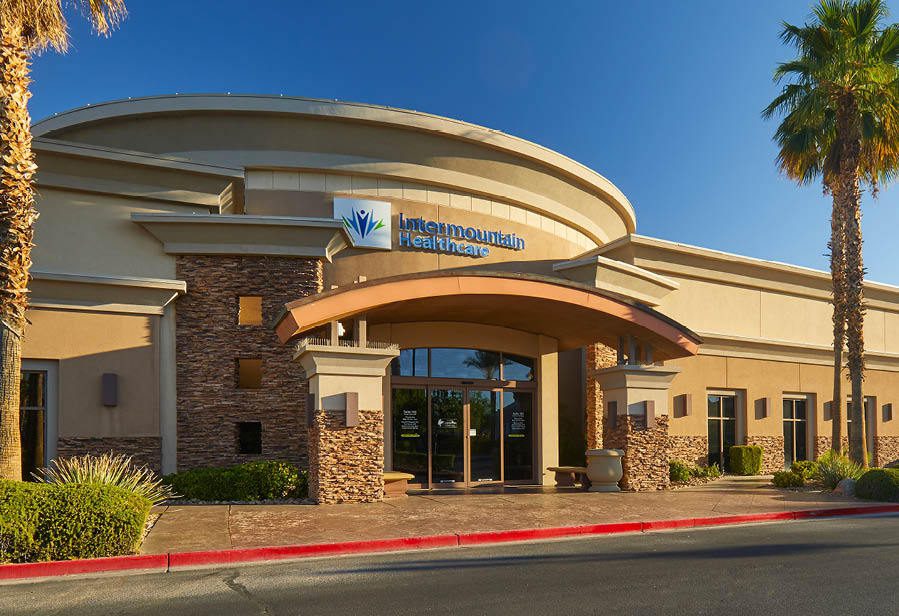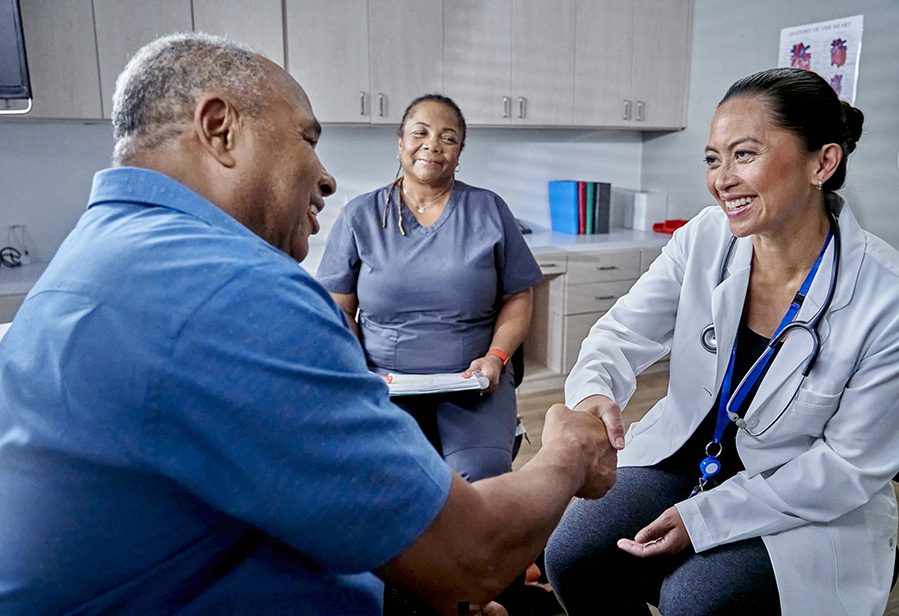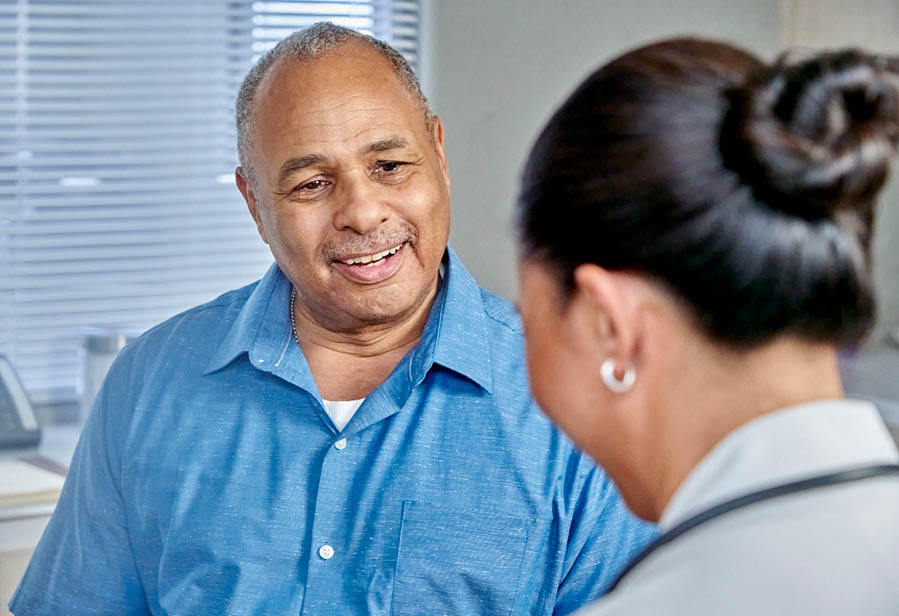August is “Immunization Awareness Month,” and it is the perfect time to discuss vaccines. Vaccines are great to protect against various diseases and can help keep yourself and your family safe during the upcoming flu season and school year.

Are vaccines safe?
Vaccines undergo a strict process before they are released to the public. They go through a three-phase clinical trial process with human subjects before they are eligible to be used for public use. Once approved, the vaccine remains under safety monitoring research. Data is collected to learn about side effects and other information that may be vital in improving the vaccine. It should be noted that vaccine lots are required to be tested prior to being released to the public to ensure they are safe to use, according to the CDC. The FDA has rarely recalled vaccine lots. In short, vaccines are safe.
Why You Should Get Vaccinated
Nobody has time to get sick, as it means missed work and less time with loved ones. Vaccinations greatly reduce the risk of getting a serious illness that are preventable, meaning you rarely have to worry about missing out on things in life. Getting vaccinated also ensures that family members are protected from getting the disease you are vaccinated against as well. Additionally, you can lower the risk of other diseases by getting vaccinated. For example, getting the Hepatitis B vaccine lowers the risk of liver cancer.
Adults should get vaccinated as well
While vaccinations are typically associated with children, adults should remain current with their vaccinations as well. Even young healthy people are susceptible to serious illness if they are not vaccinated.
For adults younger than 50, they should consider getting the seasonal flu and COVID-19 vaccine. Additionally, every 10 years, adults should get a Tdap booster to protect against whooping cough (pertussis), tetanus, and diphtheria. Adults should consider getting an HPV vaccine to protect against specific cancers and other diseases. It is also suggested that adults receive the Hepatitis B vaccine to protect against the possible infection.
For adults aged 50 or older, in addition to the seasonal flu, COVID-19, Tdap, and Hepatitis B vaccines, if not already completed, older adults should also receive the shingles vaccine, as 1 in 3 people will develop shingles in their lifetime. Another vaccine older adults should potentially receive is the pneumococcal polysaccharide vaccine, which protects against pneumococcal pneumonia, meningitis and potential blood stream infections (PPSV23). If seniors have already received PPSV23 and PCV13, there is no need for additional vaccines. If seniors have not received either, PREVNAR 20 as a single dose is sufficient. If you have any questions, talk to your provider.
The CDC has a self-assessment tool that can determine which vaccines are needed.
Talk to your provider to get more information about vaccines you may need and then get vaccinated to protect yourself and loved ones from preventable diseases.
*This article is for informational purposes only and is not intended to be a substitute for medical advice or diagnosis from a physician or qualified healthcare professional.





